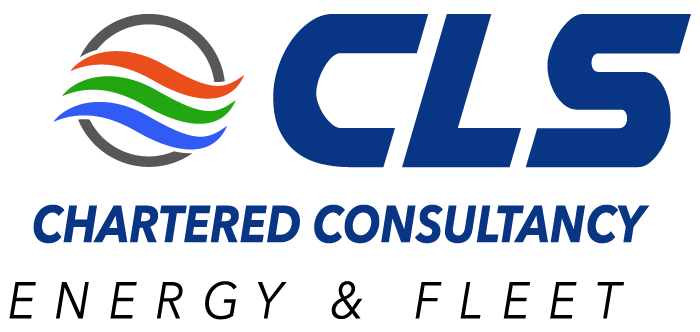Energy Efficiency EU
Energy and Transport Efficiency in Europe (EU)
The Energy Efficiency Directive (EED) known as ESOS regulations in the UK) have been updated across Europe where the focus is on “energy efficiency first”. ESOS in the UK is changing in different ways.
CLS Energy work with partners across Europe to deliver compliant EED energy and fleet assessments in member states that include:
|
|
|
|
|
|
|
|
|
|
|
|
|
 The TheNetherlands |
 Poland Poland |
*Our Director Alan Asbury is experienced, registered, and qualified to conduct the revised EED in several EU Member states including Denmark, Ireland, Sweden and UK (England, NI, Scotland & Wales) and a qualified European Energy Manager (EurEM).
Alan continues to work with companies in these member states including:
Acre (Vanderbilt) Security, Denmark, BAM Construction Beiersdorf Nivea Denmark, Beiersdorf Nivea Sweden, the Courts Service (Ireland). Diesel Card Ireland, Enterprise Rent a Car Ireland, Stack Infrastructure (Denmark, Norway and Sweden), Ikea (Ireland), and Vanderbilt, Sweden,
Changes from the previous EED and ESOS directive (2012/27/EU) Article 8 include the following:
Legally-binding targets to reduce the EU’s final energy consumption by 11.7% by 2030 (relative to the 2020 reference scenario).
Each Member State will set its objective and indicative national contributions. Increasing annual energy savings now required from 0.8% to 1.3% (2024-2025), then 1.5% (2026-2027) and 1.9% from 2028 onwards.
New obligation to monitor the energy performance of data centres, with an EU-level database to collect and publish data.
Member States to prioritise vulnerable customers and social housing within the scope of their energy savings measures. Introducing an annual energy consumption reduction target of 1.9% for the public sector as a whole. Public sector has not been part of ESOS in the past.
Extending annual 3% buildings renovation obligation to all the levels of public administration. Promoting local heating & cooling plans in larger municipalities. Progressively increasing the efficient energy consumption in heat or cold supply, also in district heating.
Importantly, the thresholds around staffing and financials that were used to capture companies have now gone.
Henceforth, organisations with operations in the EU27, that consume over 10TJ of energy must now comply. 10TJ is around 2.78GWh. This mandates thousands of medium sized companies particularly those with modest haulage and logistics operations.
For example, a company using as little as 260,000 litres of diesel (say a fleet of 8-12 trucks operating across a country the size of England or Italy), will now be mandated to four yearly EED assessments.
Previously a mandated company might have needed in excess of 200 trucks in order to be mandated.
Please get in contact if you’d like to discuss how we can help you to achieve compliance across the EU (and the UK for ESOS) and deliver significant financial, energy, and CO2e savings.

 Austria
Austria Belgium
Belgium Cyprus
Cyprus Denmark*
Denmark* France
France Germany
Germany Greece
Greece Ireland*
Ireland* Italy
Italy Sweden*
Sweden*